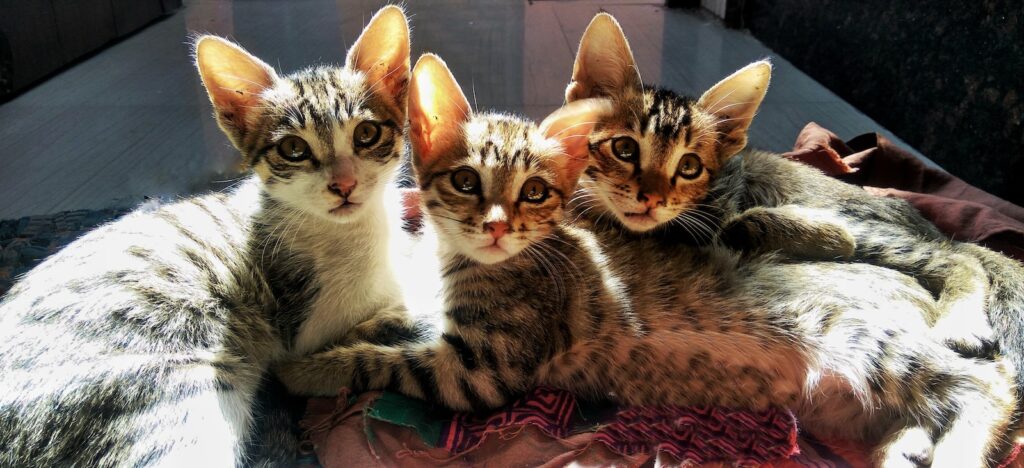Can Cats Eat Garlic? — No, They Can’t
Garlic is a commonly used ingredient in various cuisines worldwide, known for its distinct aroma and flavor. However, when it comes to our feline friends, it’s important to understand that garlic is not suitable for cats and should never be included in their diet.
Is It Safe for Kittens to Consume Garlic?
Just like adult cats, kittens should never be fed garlic either. Their delicate digestive systems are not equipped to process the compounds found in garlic, making it potentially harmful to their health.
Risks Associated with Feeding Garlic to Kittens
Feeding garlic to kittens can pose several risks and health issues. One major concern is that it can cause damage to their red blood cells, leading to a condition known as Heinz body anemia. This can be fatal if not promptly addressed.
Why Garlic is Not Recommended for Cats
Unfavorable Gastrointestinal Effects
Garlic contains compounds that can irritate a cat’s gastrointestinal system, leading to various digestive issues such as vomiting, diarrhea, and abdominal pain. It can disturb the natural balance of beneficial bacteria in their gut, further exacerbating these problems.
Potential Toxicity Risks
Garlic belongs to the Allium family, which also includes onions and shallots. Allium plants contain toxic compounds, such as thiosulphate, that can damage a cat’s red blood cells and lead to anemia. Cats are particularly sensitive to these substances, making even small amounts of garlic potentially toxic.
Organ Damage and Failure
Prolonged consumption of garlic can have serious consequences for a cat’s internal organs. The toxins present in garlic can put strain on their liver and kidneys, potentially leading to long-term organ damage and even failure.
Known Health Issues in Cats from Consuming Garlic
Consuming garlic can result in various health issues for cats, including:
- Anemia due to the destruction of red blood cells
- Damage to the gastrointestinal system
- Liver and kidney problems
- Weakness and lethargy
- Difficulty breathing
- Increased heart rate and irregular heartbeat
What to Do If a Cat Has Consumed Garlic?
- Seek Immediate Veterinary Care: If you suspect that your cat has consumed garlic, it’s essential to consult a veterinarian right away. They can provide guidance on how to proceed and monitor your cat’s health.
- Induce Vomiting (if advised by a vet): In certain cases, the vet may recommend inducing vomiting to remove any garlic from the cat’s system. However, this should only be done under professional supervision.
- Monitor and Provide Supportive Care: Your veterinarian may suggest methods to support your cat’s recovery, such as IV fluids to maintain hydration and medications to address any potential complications.
Safe Alternatives to Garlic for Cats
While garlic is off-limits for cats, there are plenty of safe and healthy alternatives that can add flavor to their meals. Some cat-friendly herbs include parsley, basil, and catnip. Always consult with your veterinarian to ensure the suitability of any herbs or spices before introducing them to your cat’s diet.
Conclusion
In conclusion, it’s crucial to recognize that garlic is not safe for cats. The potential risks and toxic effects outweigh any perceived benefits. To ensure the well-being and longevity of our feline companions, it’s best to avoid offering them any foods containing garlic. If you suspect garlic ingestion or notice any concerning symptoms, seek immediate veterinary assistance for proper guidance and care.






